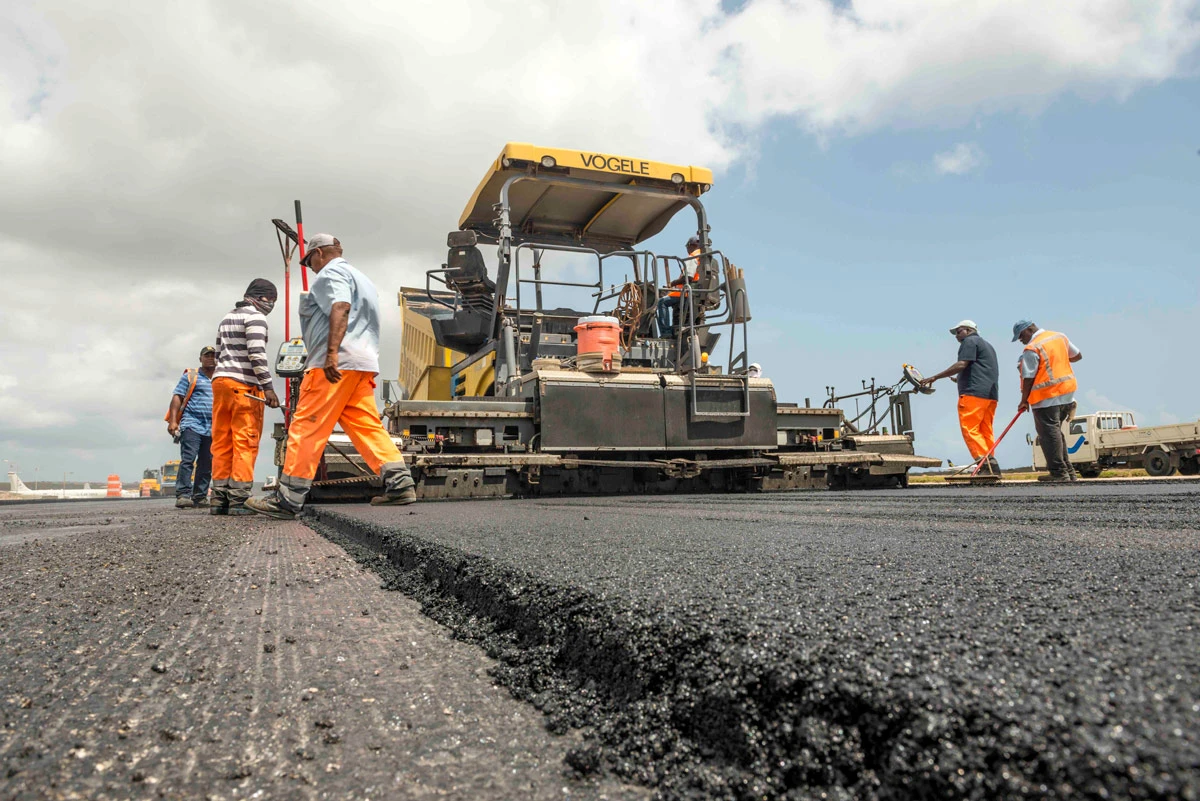Stakeholders in the credit rating sector have made recommendations on how states and local governments can increase revenue to fund infrastructure projects.
They spoke on Thursday during the 2023 international rating webinar, organised by DataPro — a credit rating agency.
Speaking during the virtual event, Egie Akpata, chairman of Skymart Partners, said most state governments in Nigeria do not have the funds to develop infrastructure, due to their financial capacity and investment-grade.
“I’ll be surprised if there are up to five of them. And that is a reflection of their financial health and it does have an impact on the desirability of many of these companies to have private capital going on there,” he said.
Advertisement
Akpata said state governments have to be largely involved in “providing some credit enhancement to take on some guarantees or liabilities themselves”.
One method, he said, is for them to begin with small projects and demonstrate their viability to private investors.
On his part, Adeniran Ajakaiye, managing director of Africa Infra Plus Partners, said state and local governments can use alternative financing mechanisms for infrastructure development in addition to raising bonds or seeking funding from financial institutions.
Advertisement
Other options, he said, include public-private partnership (PPP) deals, seeking grants, embracing innovative financing, and enhancing revenue collection.
PPPs allow for large-scale government projects such as roads, bridges, or hospitals, to be completed with private funding.
“We are beginning to see movement in this area (PPP) because there is no funding through the banks. If you are not viable as a state, the bank will want (sic) to touch you,” he said.
“As such, banks, states and sub-nationals are beginning to embrace the PPP arrangement, whereby the public and private sector provide those services, sign their agreement, and do a transparent transaction that is viable.”
Advertisement
ROLE OF SUBNATIONALS IN INFRASTRUCTURAL DEVELOPMENT
Also speaking at the webinar, Lamido Yuguda, director-general of the Securities and Exchange Commission (SEC), said subnational governments have a critical role in infrastructure development to provide essential services to their citizens.
Yuguda was represented by Abdulkadir Abbas, the commission’s director of registration, exchanges, and innovation department.
“This could be said to be one of the basic requirements of the subnational government,” he said.
Advertisement
“Credit rating agencies play an important role in infrastructural development by providing an independent assessment of the creditworthiness of subnational governments and other borrowers.
“This information is utilised by investors to make informed investment decisions on optimal capital allocation.”
Advertisement
Abimbola Adeseyoju, chairperson of DataPro, said the issue of infrastructure development is closely tied to the quality of life of Nigerians.
He said the faster “we can accelerate infrastructural development in our continent and in our individual countries, the quicker we can lift our people out of poverty, the quicker we can stop the brain drain that is particularly disturbing our continent”.
Advertisement






